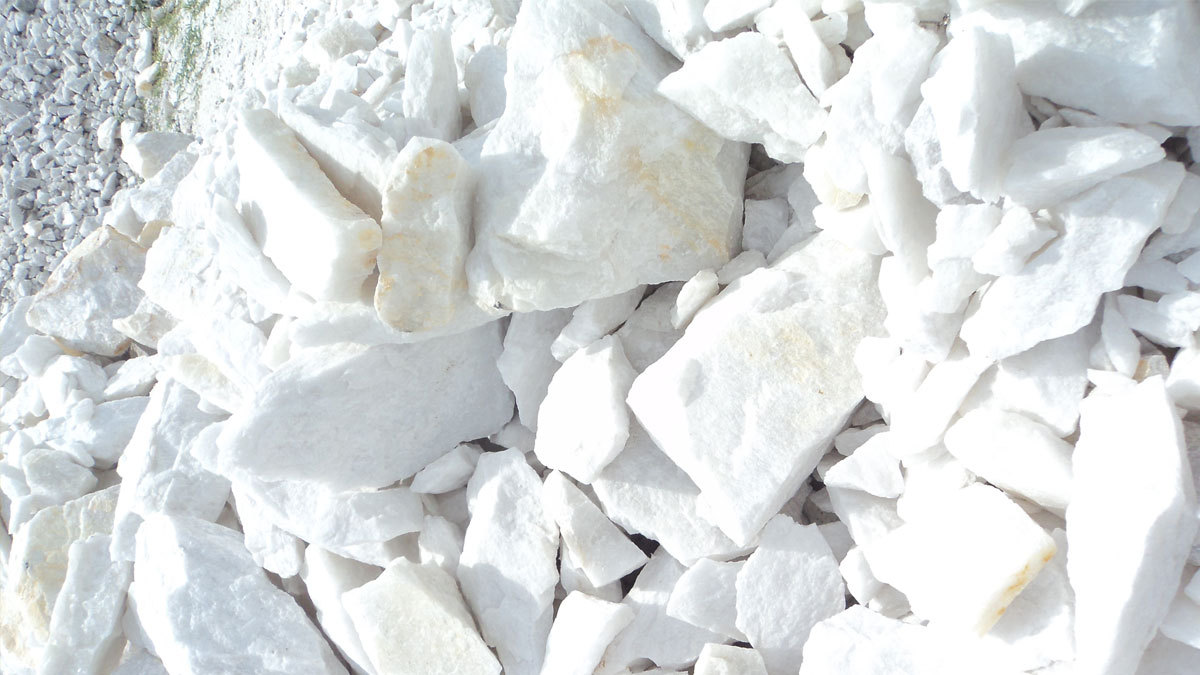Talc/Soapstone
Talc, also known as Soapstone or Steatite, is an alteration product of original or secondary Magnesium minerals. Talc is a hydrous Magnesium Silicate, and its chemical composition corresponds to 63.5% Silica (SiO2), 31.7% Magnesia (MgO), and 4.8% water (H2O). In nature, chemically pure Talc is very rare and typically contains some contaminations. Talc has a greasy or soapy feel, and pure Talc is characterized by extreme softness. It possesses good luster or sheen, high slip or lubricating power, good hiding power, and the ability to absorb specific types of oils and grease. Talc is inert to most chemical reagents, although it exhibits a marked alkaline pH of 9-9.5. It also has low electrical and thermal conductivity. Talc is widely used in many industries as a filler/extender and for other industrial applications, owing to its natural physical and chemical properties, and its relatively low price.
Talc's usefulness in industrial applications stems from its lamellar platy nature, softness, whiteness, hydrophobic features, atmospheric & acid resistance, high thermal strength, chemical inertness, high dielectric strength, high melting point, and absorption features. Particle size distribution is a critical parameter in most Talc applications. Talc is used for paints, paper, plastics, and cosmetics, with whiteness ranging from 80% to 98% and fineness up to 800 meshes, along with varying calcium content ranging from 0.5 to 15%.n occurs while the sediment undergoes lithification, a process in which layers of dead clam and other sea animal shells are converted into crystallized calcite or calcium carbonate. The resultant dolomite mineral, CaMg(CO3)2, is a true double salt. The calcium and magnesium ions in dolomite exist in separate layers within the crystal matrix. Specifically, the structure of dolomite consists of alternating layers: a calcium layer, followed by a carbonate layer, then a magnesium layer, and another carbonate layer, and so on.
Talc Powder for Cosmetic Industry
Finely ground talc is used as the powder base for many cosmetic products. The tiny platelets of talc powder readily adhere to the skin but can be washed off easily. Talc's softness allows it to be applied and removed without causing skin abrasion. It also has the ability to absorb oils and perspiration produced by human skin. Talc's ability to absorb moisture and odor, adhere to the skin, serve as a lubricant, and produce an astringent effect in contact with human skin make it an essential ingredient in many antiperspirants. In 2011, about 7% of the talc consumed in the United States was used in cosmetics and antiperspirants.
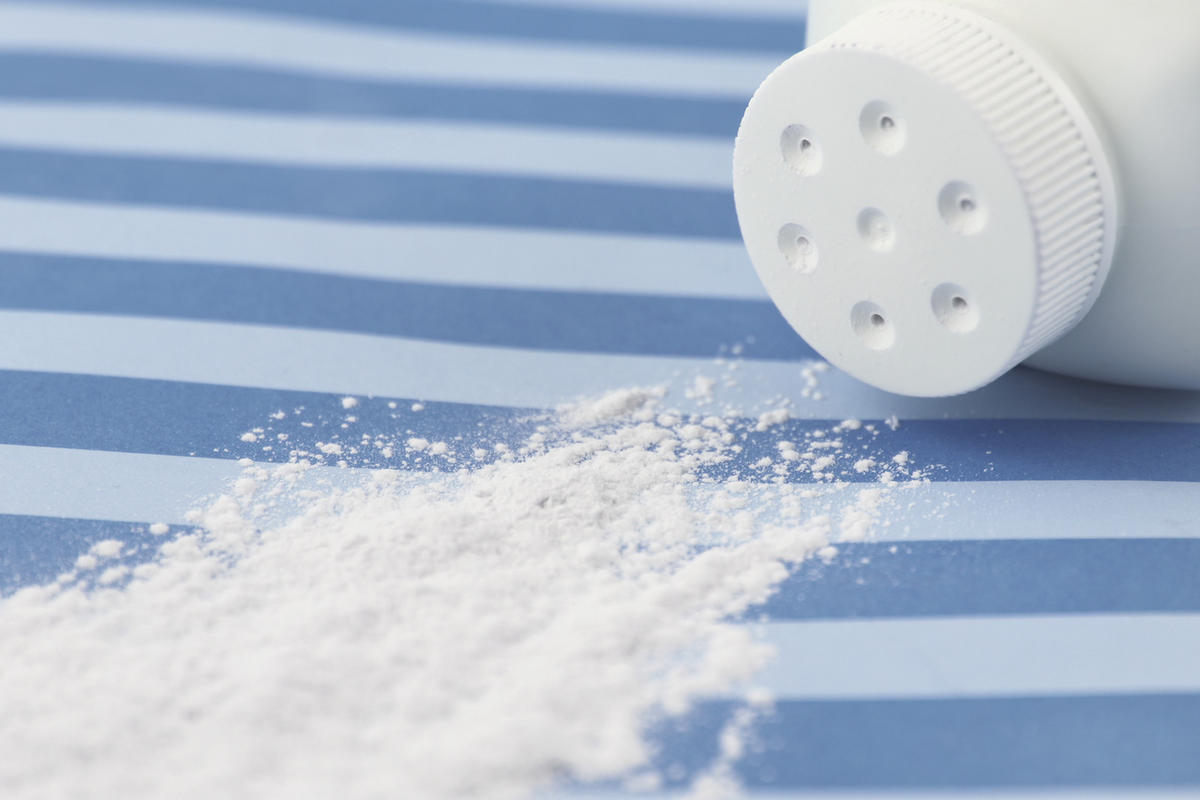
Talc Powder for Paper Industry
The paper industry is the largest consumer of talc, generally using 300 Mesh (53µ), with the brightness range varying between 80% - 96%. We offer premium Talc Powder for the Paper Industry, properly packed to meet specific client needs.

Talc Powder for Paint Industry
Owing to its low cost and platy structure, Talc Powder for Paint Industry has gained prominence. Specifically, it is used in marine paints and protective coatings. We provide this Talc Powder for Paint Industry at competitive rates.

Talc Powder for Plastic Industry
The Talcum Powder for Plastic Industry that we offer is used in polypropylene for automotive parts, household items, and white goods. It imparts various benefits, such as higher stiffness and improved dimensional stability. Our grades of Talcum Powder for Plastic Industry are also used for anti-blocking in polyethylene, as a nucleating agent in semi-crystalline polymers, and as a reinforcing filler in food packaging. We offer an unrivaled and innovative Talcum Powder for Plastic Industry that is surface-treated, ultra-fine grind, and available in high aspect ratio grades. All our fine-milled products are available in compact form for enhanced compounding throughput and dosing accuracy.
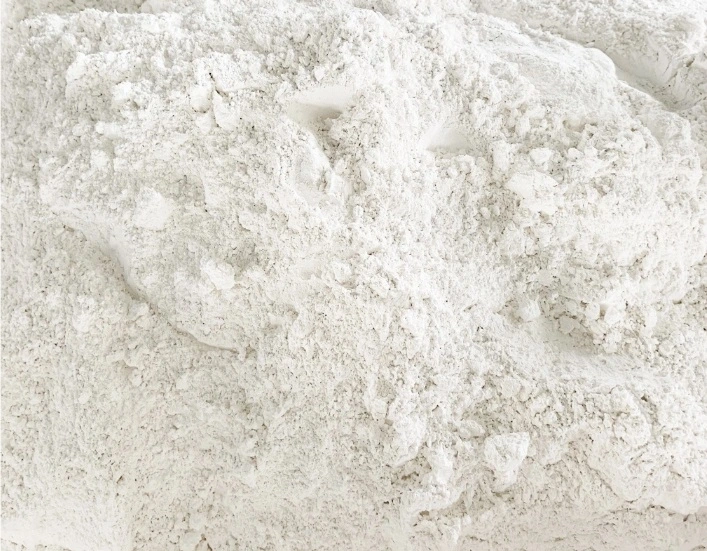
Talc Powder for Pharmaceutical Industry
The Talc Powder for Pharmaceutical Industry that we provide is processed to remove impurities like iron oxide, dolomite, carbon, magnesium, and carbonate minerals. The pharmaceutical industry requires highly pure, specialized, and bacteria-free talc for tablets, ointments, and dusting. This Talc Powder has thermal and chemical inertness, making it an ideal filler.
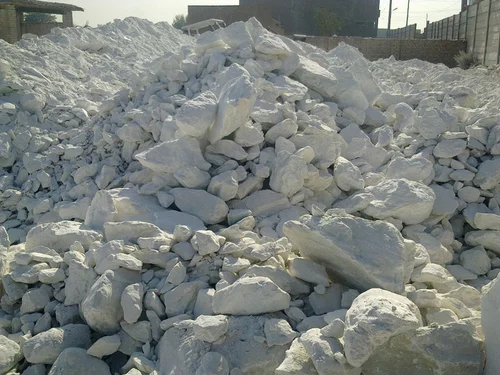
Talc Powder for Ceramic Industry
We offer Talc Powder for Ceramic Industry that is finely grained and tested against diverse quality parameters. Available at market-leading rates, this Talc Powder is also properly packed using the best packaging materials. Talcum Powder for Ceramic Industry acts as a primary constituent in cordierites, steatites, and earthenware. It's an additive in floor and wall tiles, tableware, and sanitary ware. Combined with feldspar to form a eutectic-flux, it reduces firing temperatures and cycles and stabilizes firing shrinkage.
These edits mainly include minor grammatical and stylistic changes. If you have any specific requests or need further revisions, please let me know!
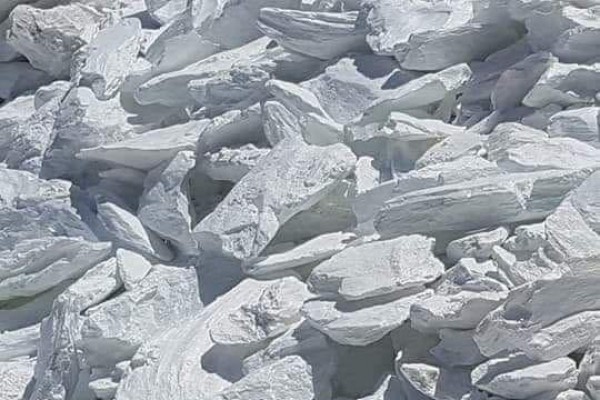
Talc Powder for Soap Industry
The soap industry is another significant consumer of talc, using 300 to 500 mesh with brightness ranging from 80 to 96%. Our Talcum Powder for Soap Industry is designed to suit its needs, capable of reducing production costs without diminishing soap performance. It enhances soap quality by producing a creamier lather and softer skin feel. This Talcum Powder also acts as a binding agent that provides hardness to the soap cake. Being odorless, it is used in talcum powder and high-grade soap, and also as a filler. The quantity of talc in soap can vary between 5% to 40% depending on the quality and type of soap.
